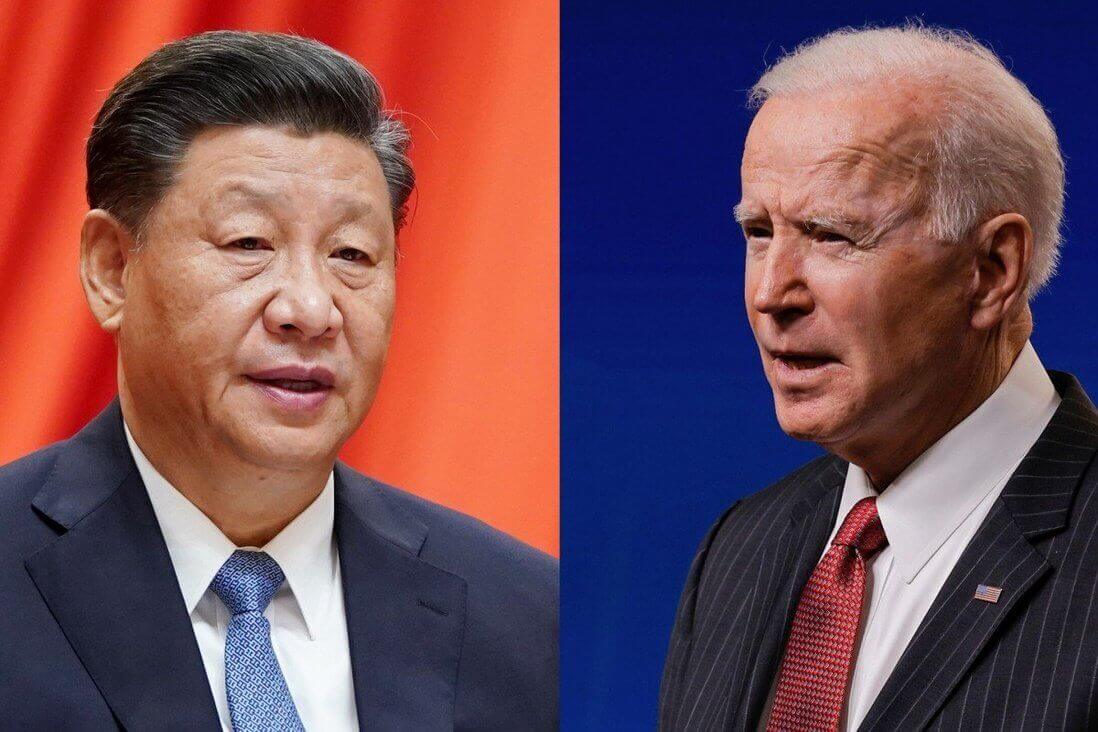United States (US) President Joe Biden will virtually host the “Summit for Democracy” next month. The first of its kind meeting will aim to address “democratic backsliding” and the deterioration of human rights and freedoms worldwide.
According to the State Department’s website, it will be the first of two summits that will bring together experts from “government, civil society, and the private sector” and will ambitiously aim “to set forth an affirmative agenda for democratic renewal and to tackle the greatest threats faced by democracies today through collective action.”
Further, the press release stated that the summit “will focus on challenges and opportunities facing democracies” and act as a “platform for leaders to announce both individual and collective commitments, reforms, and initiatives to defend democracy and human rights at home and abroad.”
During the meeting, world leaders “will be encouraged to announce specific actions and commitments to meaningful internal reforms and international initiatives” that will advance the summit’s agenda. Their pledges are expected to include both domestic and international initiatives that will focus on three key themes: countering authoritarianism, combating corruption, and promoting respect for human rights.
Moreover, “civil society will be represented on panels and in townhalls as a part of the official program.” The US explained that their inclusion is based on “geographic representation, political context, and subject matter expertise.”
The State Department’s invitation list for the event, which was published on Tuesday, includes 110 participants. The current mix of invitees includes weaker democracies such as India, Poland, Brazil, and the Philippines, and those with authoritarian characteristics, such as the Democratic Republic of the Congo, Iraq, and Pakistan. The list excludes Washington’s traditional Arab allies such as Egypt, Saudi Arabia, Jordan, Qatar and the United Arab Emirates.
The event also excludes Turkey, which the former Trump administration sanctioned last December, under the Countering America’s Adversaries Through Sanctions Act (CAATSA), over its purchase of the S-400 missile system from Russia. Over time, Washington has expressed its concern about the Kremlin gaining access to American military secrets if the Russian-made systems are integrated into Turkey’s military.
Notably, the guestlist for the unprecedented meeting, which is scheduled for December 9 and 10, includes Taiwan but leaves out Washington’s main rivals, China and Russia. Taiwan’s inclusion is expected to anger China, which claims Taiwan to be a part of its own territory. Historically, Beijing does not allow the self-governing island to represent itself at international forums such as the United Nations and the World Health Organisation and has opposed international attempts to legitimise the island’s sovereignty globally. However, Taiwan asserts that Beijing has no right to speak on its behalf.
The democracy summit is being hosted against the backdrop of major democratic setbacks globally. Sudan and Myanmar have recently experienced military coups, Ethiopia is in the midst of a conflict that US diplomats worry could lead to its “implosion,” and the Taliban has taken over government machinery in Afghanistan in the wake of the US’ departure from the country after two decades.
Although unrelated, the announcement of the summit interestingly follows the release of Stockholm-based think tank International Institute for Democracy and Electoral Assistance’s annual report, which lists the US as a “backsliding democracy” for the first time.
Biden Invites Taiwan to Democracy Summit in Latest Snub to China
The invitation list also leaves out Washington’s main rivals, China and Russia.
November 24, 2021

US President Joe Biden (R) and Chinese President Xi Jinping IMAGE SOURCE: XINHUA/REUTERS
